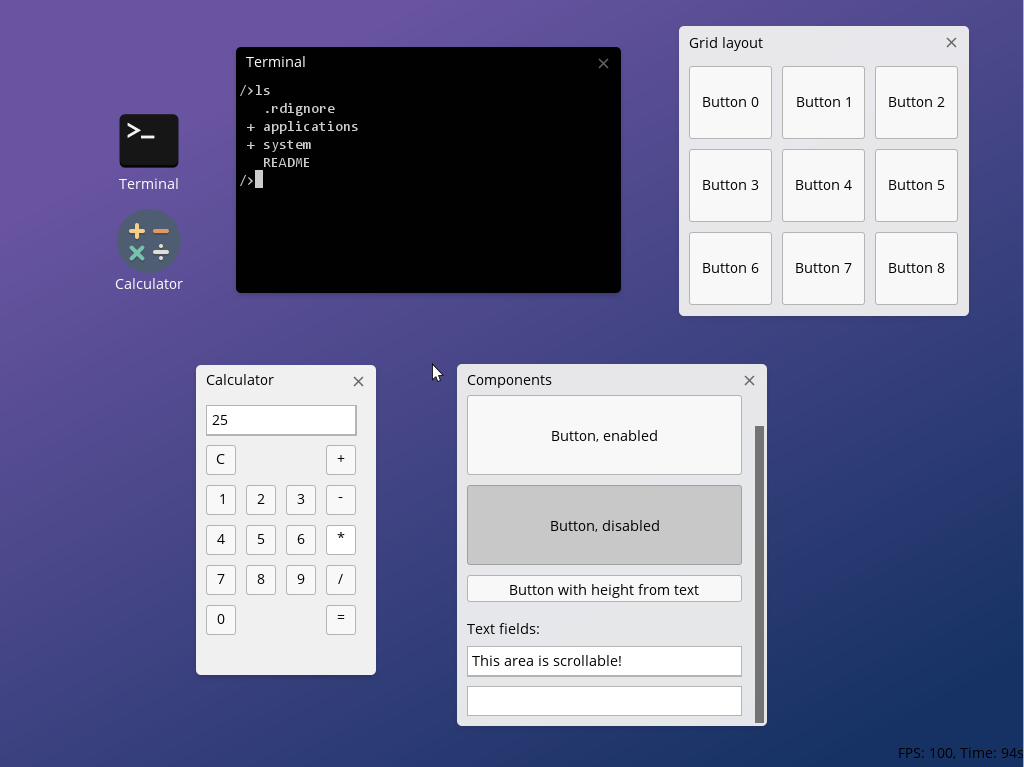Working on SATA AHCI support 2025/01/15, 19:25:46
For a long time the system only supported ramdisk access in the virtual filesystem. The reason was mostly that for building the remaining system architecture, that was sufficient. In order to be able to install the OS from the Live ISO onto a hard disk, this is obviously a crucial feature though.
The plan is to create separate PCI, AHCI and filesystem drivers as well as a general disk management service to take care of which device is managed by whom. All of them will be privileged userspace processes.
In previous versions, there was already a userspace protocol that would allow a process to register as a filesystem driver and provide a mountpoint. This communication is mostly via the means of messaging, while for actual file reading and writing shared memory will be the preferred way. In the course of this implementation this functionality will be restored.
